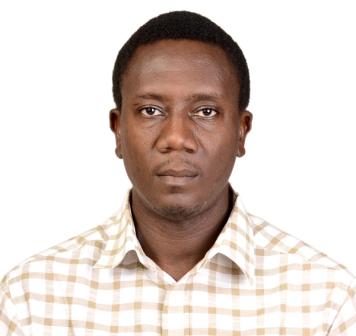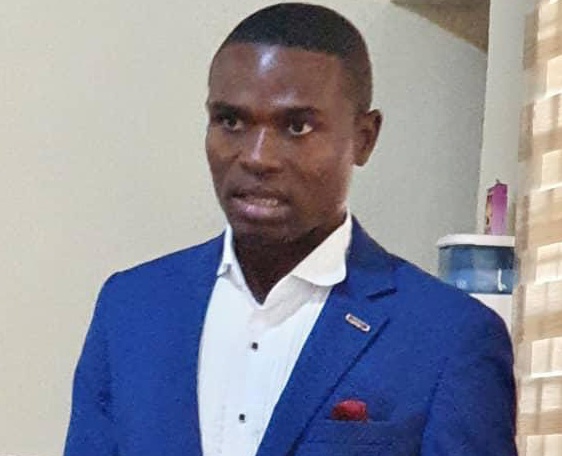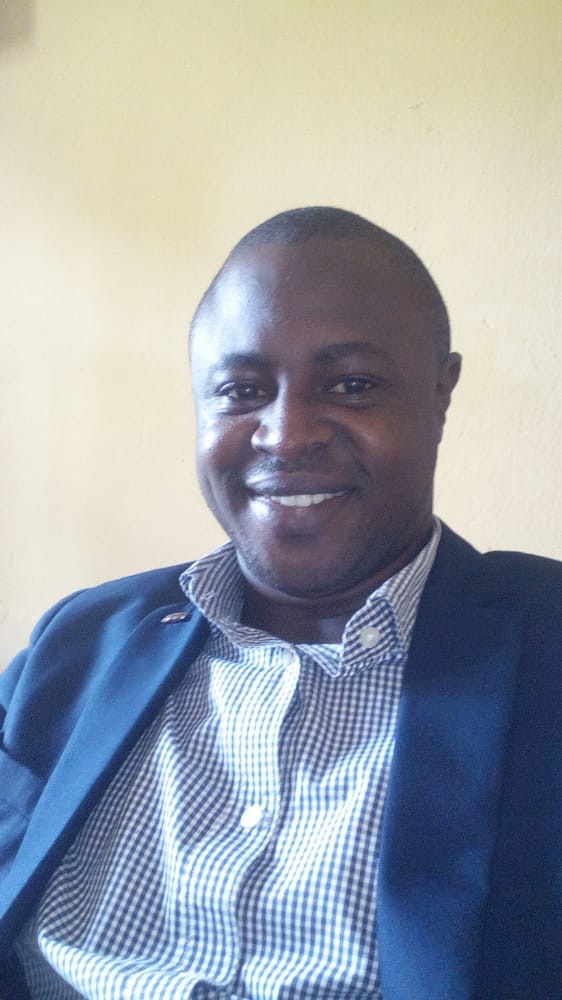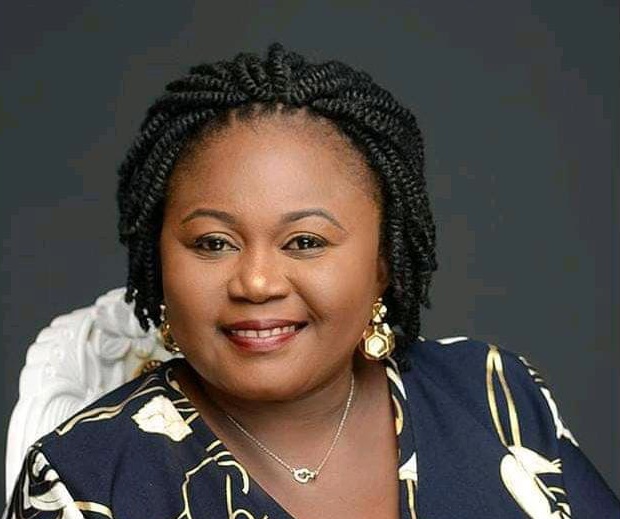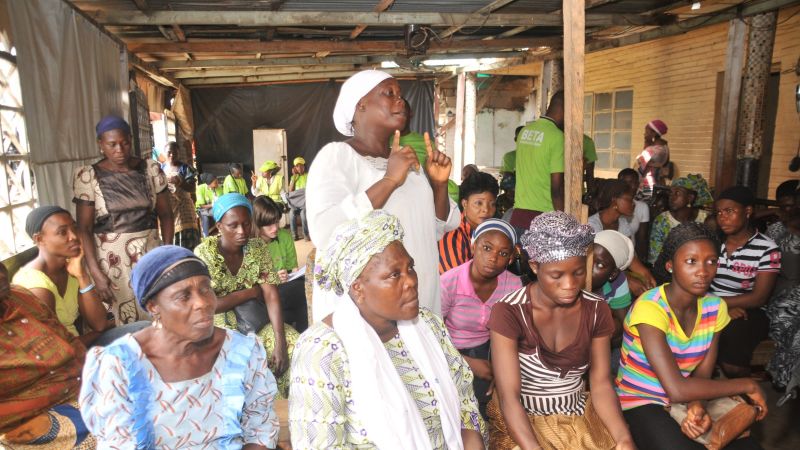
Literature has it that migration patterns have been skewed towards increasing number of females leaving their origins to destinations in search of better opportunities and security. In the process, they are exposed to both positive and negative effects of migration. The key question now is “have these women fared better as migrants in their host communities?”. This should be the subject of targeted research to highlight the plight of these women, some of whom become return migrants to communities that they had left behind. In this article, we share a bit of our experience during MIGRAWARE field data collection in some communities in the North central and South-west geopolitical zones, which cut across coastal, forest to transition ecozones of Nigeria.
CASE 1
An elderly widow (name withheld), a returned migrant, who shared her regret with us given the fact that she did not fare better moving back to her original home to be closer to her origins. She shared extensively how the community has transformed over the years. According to her, many of the indigenes are returning home to their origins. She was quite happy responding to the Interviewer’s questions on insecurity and impact of climate change in her locality, which she attributed to as ‘the act of GOD’. She is a typical example of women who should be the target of rural capacity building initiatives to equip her with alternative source of income to enable her look after her family being the breadwinner.
CASE 2
A cross border migrant from Parakou in Benin Republic who migrated with her husband, a cross border transport operator, have made Sango in Saki West Local Government Area of Oyo State in Nigeria, their home. According to the migrant, they have been residing in the host community for ten years, where she has been selling food and drinks to assist her husband cater for 9 children. She informed the interviewer that the indigenes of the area are friendly and accommodating and disclosed that, even as foreigners, they have not experienced any negative disruption to their business activities since their arrival.
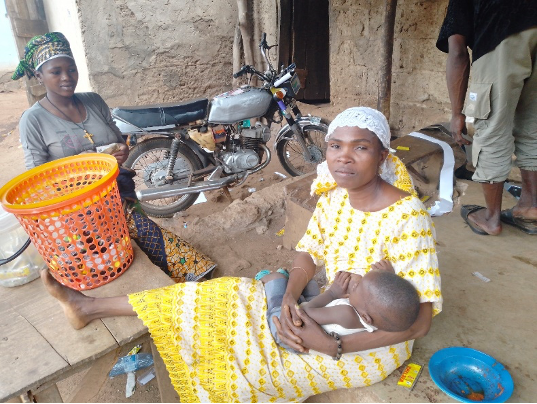
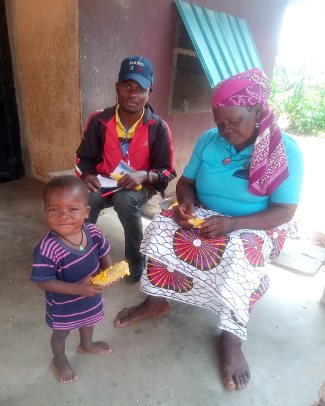
CASE 3
A migrant who would rather receive “alerts” from her bank on having been credited with funds than being asked questions about climate change and migration. The young current migrant is from south-south region of Nigeria. She combines trading in vegetables with operating a Point of Sales (POS) kiosk. Her major reason for migrating to Ota in Ogun State was to improve her income but was disappointed that her expectations had not been met. For this migrant, a more productive option is skill acquisition to ensure that she receives some regular deposits (alerts) from enhanced capacity to increase her earnings.

Case 4
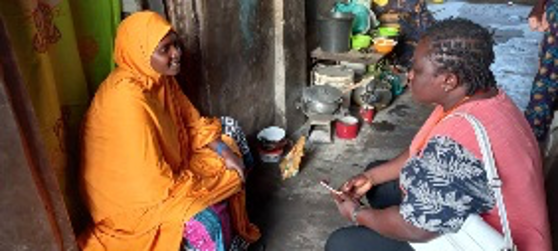
A current migrant from Niger Republic and a full housewife who has been living in her host community in Pasukoh Ward of Badagry Local Government in Lagos State for the past seven years. She lives with her husband and three children. She informed the Interviewer that they struggle to feed with proceeds from her husband’s ‘petty’ trading, so could not remit funds to Niger.
Case 5
A civil servant forced to live in Nyaya Phase 1 away from the huge rents paid in the Federal Capital Territory in Abuja. During the FGD, a female civil servant and business woman mentioned to us that relocating away from Phase I, in Nyanya to Apo community in the heart of Abuja will be the best for her. She believed that she would have better access to facilities and services like good roads, water supply, electricity, health care and schools. She complained that the traffic jams encountered along Nyanya – Abuja route during the week necessitated early departure from her home, at about 5:30am, in order to arrive her place of work at 8am. To her, this was a price being paid for living as an economic migrant in the outskirts of a big city like Abuja.
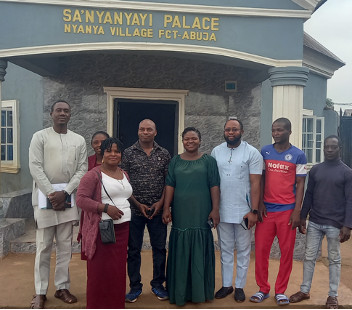
Figure 4: FGD Discussants in Nyanya with the MIGRAWARE Field team for North Central Zone.
Case 6
A migrant from Imo state who lives in Aba, Abia State with her parents. As a graduate of Imo State University, she turned to trading in fabrics used for upholstery, when she could not find a job. Initially, she was reluctant to consent to being interviewed until she was informed of possible increase in patronage from exposure gained from the interview. She does not have the intension to return to Imo State because of financial gain from her business activity in Aba.
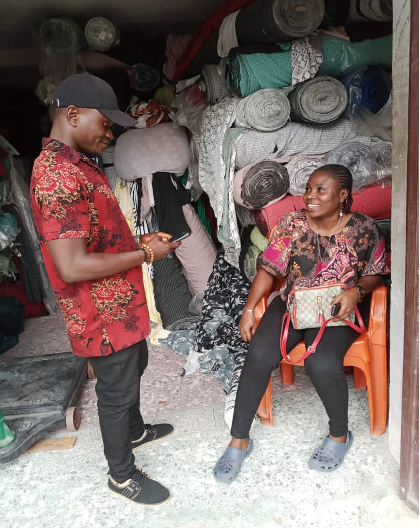
It is worthy of mention that the cases highlighted are just a few examples of female migrant experiences in Nigeria with varying levels of satisfaction from seeking better opportunities in their host communities. Even though most of these women seem comfortable in their destinations, more could be done towards fully integrating them into the society through skill acquisition, access to mental health and social services, amongst others.
Authors

